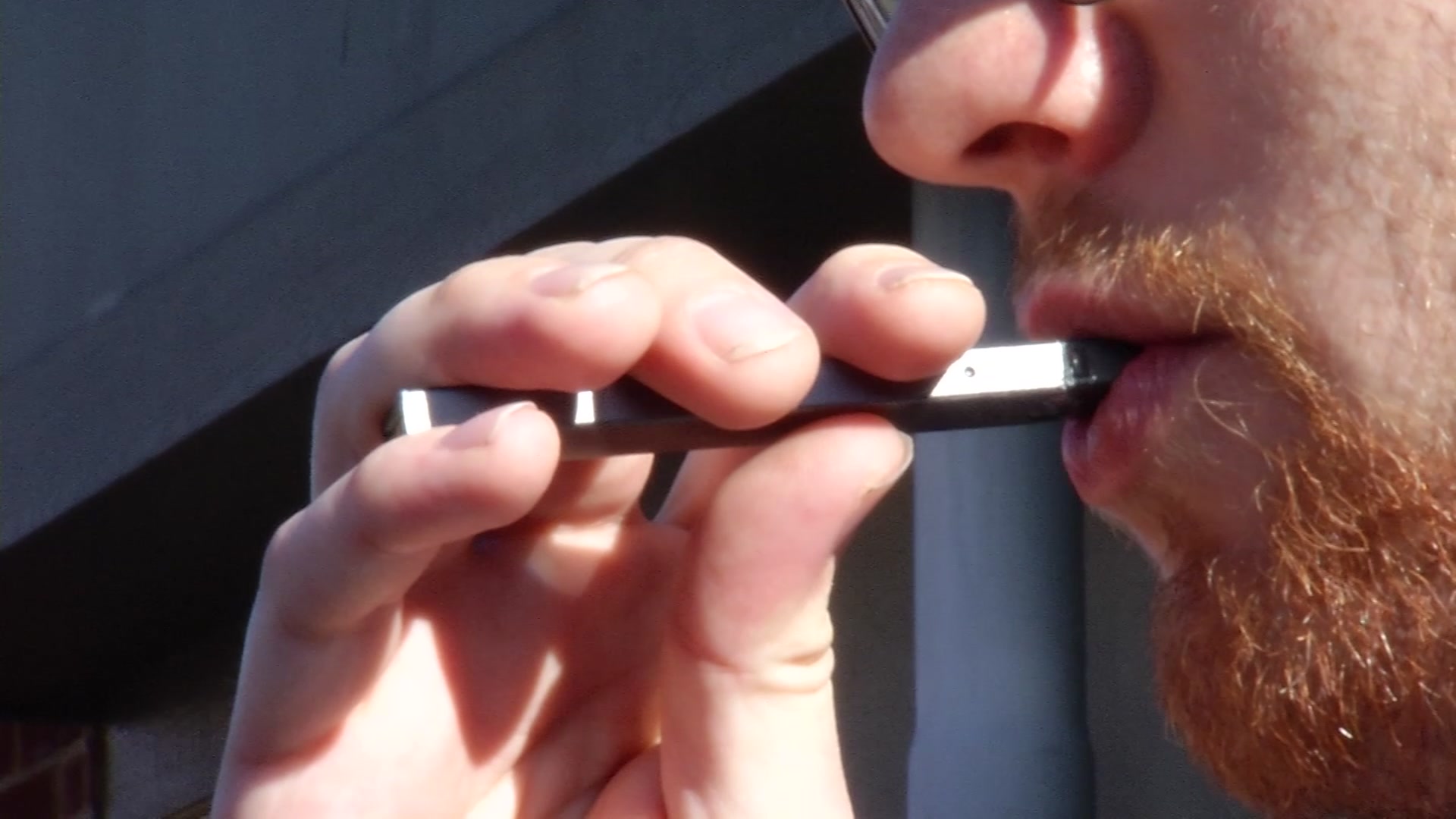Dallas city leaders discussed the latest data in the city’s Violent Crime Reduction Plan on Monday.
It shows that overall violent crime is down but the murder trend is up this year.
Crime, among other topics, were part of the Public Safety Committee meeting that began at 1 p.m. at Dallas City Hall on Monday.
CRIME REDUCTION
Get top local stories in DFW delivered to you every morning. Sign up for NBC DFW's News Headlines newsletter.
The city of Dallas launched a Violent Crime Reduction Plan in 2021 that aims to reduce violent crime in a multi-phase approach.
The first phase divides the city into over 100,000 “grids” – or sections of the city – assigns more officers and resources to the dozens of grids that are responsible for the high rates of violent crime. The second phase sends officers into key areas to hear from residents exactly what needs to change to improve safety.
Another aspect of the phase is called Place Network Investigations or “PNI” Violent Crime Reduction Task Force, a unit that uses intelligence information to target places and groups associated with violent crime in areas impacted most by violent crime. It was recently highlighted in an NBC 5 Investigates report.
Local
The latest news from around North Texas.
The third phase, known as a “community centered” approach or focused deterrance, launched this year and aims to connect with those who have experience violent crime in their life. The police department will then connect those individuals with resources and community groups that can help.
Focused Deterrence will host their second Call-In session on November 14th.
Throughout the plan, the police department gives periodic updates to city council on progress, achievements and challenges.
The latest report shows over violent crime is currently down by 11 percent, stating that a huge contributing factor is due to aggravated assaults decreasing by 15 percent year to date.
"What does that translate to? It translates to over 1,000 less victims this year compared to last year," said Major Jason Scoggins.

However, the outlier is the 2023 murder trend. As of October 31, the report states that murder up 13 percent for the year and is being driven by arguments and conflict among individuals.
"We know that we’ve had our challenges this year, particularly with murder being higher than it was last year, and still doing what we can to reduce that," said Dallas Police Chief Eddie Garcia.
Scroll below to see the full report.
OPIOID RESPONSE TEAM
Another big update on Monday will come from Dallas Fire Rescue regarding the Opioid Response Team.
DFR launched the program earlier this year with the help of Fort Worth nonprofit Recovery Resource Council.
He program aims to address the opioid crisis in North Texas, which has grown since the pandemic. DFR responds to over 3,000 overdose calls annually. So far, fentanyl has caused or contributed to the death of more than 260 people in Dallas County in 2023.
The program works like this: Recovery Resource Council pairs one of the peer specialists with a Dallas Fire Rescue Paramedic. The team pulls data from every overdose 911 call and physically goes back to the address to track down the person who overdosed.
If they can meet the person face-to-face, the team offers free boxes of nasal spray Narcan, resources, phone numbers and life-changing connections to recovery programs. Narcan is a drug often used to reverse overdoses and essentially brings the person back to life.
“This program really offers support and care for that person through the continuum of care as they navigate with her options are,” said Becky Tinney, special projects director for Recovery Resource Council. “We truly make an effort to find and connect with every single 911 reported overdose.”
The team physically knocks on doors and follows up on overdose calls, one person at a time.
So far, since launching at the start of the year, the team has reached out to over 330 people, contacted 173 potential clients, enrolled 35 people in treatment programs, handed out 250 Narcan kits and held 12 Narcan training sessions with overdose survivors and their family and friends.
Scroll through the presentation below for more information.
“We’re bringing that conversation to their doorstep. We’re engaging them in conversation about what they’re going through," said Tinney. “What we find is a lot of times, these people might be ready for a conversation about it. They might be ready for help but they have absolutely no idea where to start. If they even wanted help, who would they pick up the phone and call? It’s overwhelming.”
Dallas Fire Rescue will also update the committee on calls, response times and other data made available to the public on the department’s online dashboard.
BLOCKER PROGRAM
DFR also has plans to expand an existing program that protects first responders while working incidents on freeways and highways.
The department implemented a Blocker Program in 2019, which took three out of service fire engines and retrofitted them with safety signage and arrow boards for traffic control, and filled them with sand for collision absorption. Of the original three, one unit is still in service. One was lost due to catastrophic collision damage and the other from mechanical failure.
To replace what was lost, DFR recently purchased three attenuator type blocker vehicles through a $300,000 grant from the Texas Department of Transportation. Currently, these units are in the final stages of completion and are expected to be placed in service Nov. 27th .
DFR is also collaborating with the city’s police and aviation departments to create a new pilot program that could expand blocker services city-wide. City leaders are looking into the possibility of utilizing wrecker company vendors to provide blocker vehicles for traffic management which could increase safety for even more first responders and residents.
A Request for Proposals draft is in development with a target date for pilot program launch of mid-2024.



